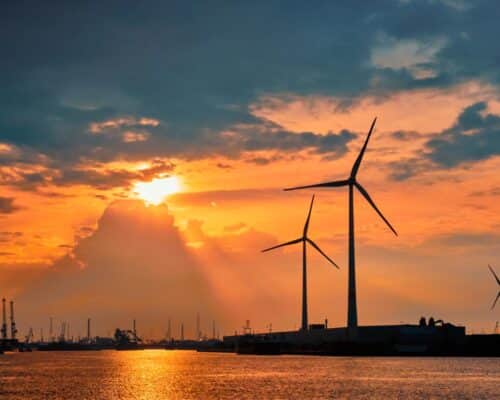energy transition

China’s CO2 Emissions Fall For the First Time
China's accelerated renewable energy deployment has allowed it to slash emissions and unlock the numerous benefits of the green energy transition, giving Southeast Asian nations a push to recognise and capitalise on the benefits of decarbonising their economies — from cost-cutting and energy security to ensuring a liveable future.
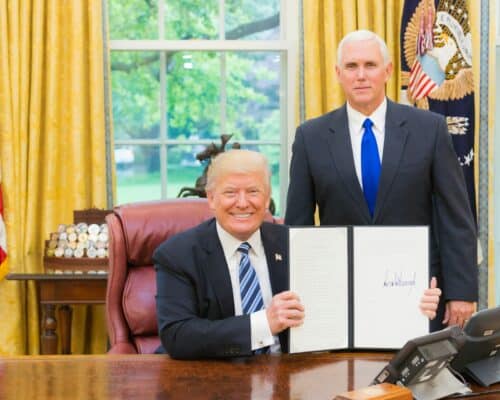
US Tariffs on Southeast Asia: What They Mean for Global Trade
From islands inhabited only by penguins to decades-long trade partners, over 90 jurisdictions were slapped with tariffs once President Trump got back at the helm of the US. While the move risks causing massive short-term instabilities, it can prove a blessing in disguise for Southeast Asia and its solar panel manufacturing industry.
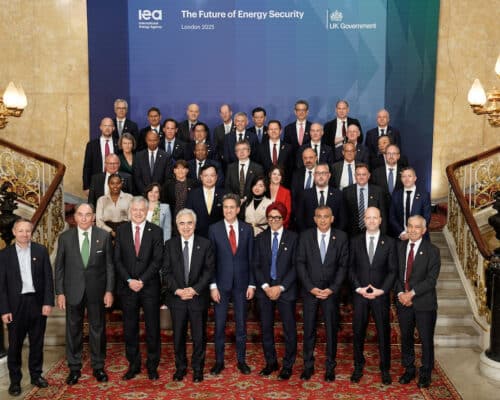
IEA’s Future of Energy Security Summit Ends With a Call For Cooperation, Less Fossil Fuels and More Renewables
The Energy Security Summit ended with a strong message - energy security is a question of national security, and climate change threatens both. Parties agreed that an effective response requires increased collaboration in reducing fossil fuel import reliance and scaling up renewables.

Australian Election 2025: What it Means for Climate Change and Energy
Considering Australia’s emissions intensity and its role as a primary fossil fuel exporter, few have as much power in the mission to tame the climate crisis as Australian voters. And the results on May 3 give hope that clean energy and the climate crisis will sit high on Australia’s agenda in the following years.
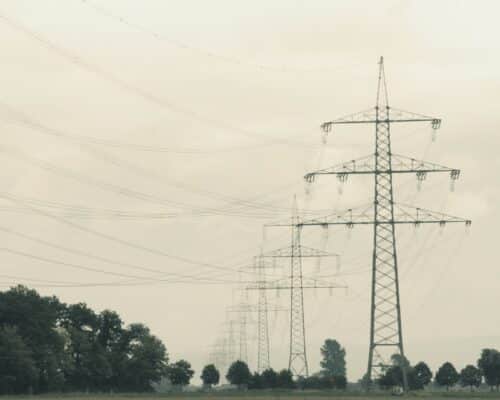
Cost-cutting Solution for Companies in the Philippines
Experts note that addressing the economic and social repercussions of the high electricity costs in the Philippines requires policy reforms that prioritise investments in renewable energy and reduce the reliance on fossil fuel imports.

Climate Tops Voters’ Priorities As Asia Pacific Braces for 2025 Elections
The elections that are about to take place all over APAC in the upcoming months provide candidates with an opportunity to acknowledge ambitious climate and emissions reduction action not only to appease climate voters but also to guarantee economic growth, energy security and better handling of the cost-of-living crisis.
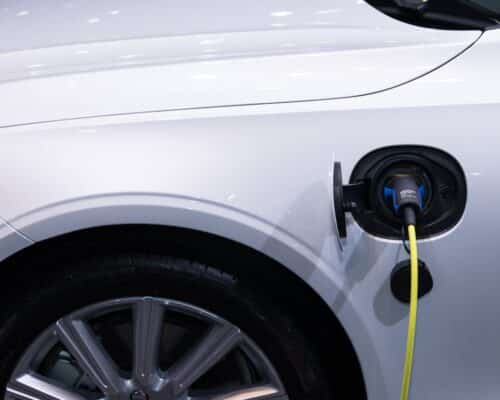
China GDP Breakdown: Clean Technology Sectors Driving Economic Growth
China’s GDP growth is increasingly driven by the clean energy sector, reflecting the country’s shift...

Indonesia’s National Energy Plan (RUKN) Is Ambitious But Falls Short of Full Potential: CREA
According to a dedicated analysis by CREA, while ambitious, the RUKN fails to mobilise the full renewable energy potential of Indonesia and misses out on substantial cost-efficiency gains in the electricity sector. However, the experts note there is still time for demonstrating more ambition.

Trump Quits the Paris Agreement: The Consequences
Experts say that while Trump's decision will significantly impact global climate action, it won't derail it since the clean energy transition is already underway. The economic reasoning behind it is too strong to ignore. However, other nations must unite and increase their efforts to protect the most vulnerable.
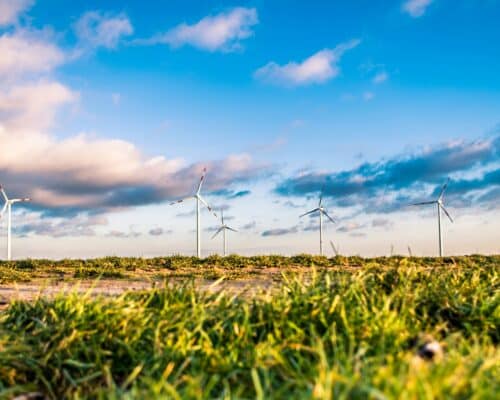
APAC Stakeholders Must Accelerate Renewable Energy Adoption
As the climate crisis escalates, accelerating the fossil fuel phaseout and scaling up renewable energy...
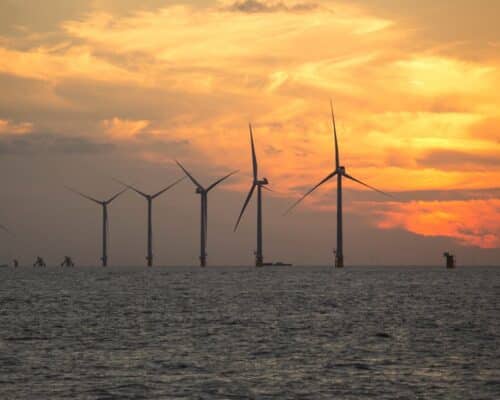
2025 Renewable Energy Trends in the Asia Pacific Region
Aside from leading the world in solar PV and onshore wind deployment, the Asia-Pacific region, led by China, will also accelerate the deployment and further increase innovations in alternative clean energy technologies such as offshore wind, floating solar and green hydrogen.
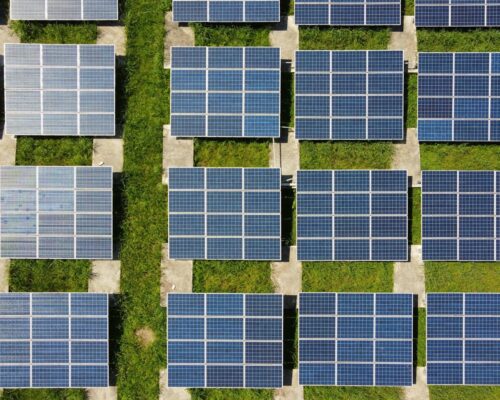
Energy Transition in Asia-Pacific: Opportunities in 2025
APAC’s booming economy, population and energy demand make the pace of its clean energy transition crucial for global efforts to slash carbon emissions in line with the Paris Agreement. The 2025 NDC updates and the ambition demonstrated by APAC countries will be among the most crucial developments this year.
Most Popular
Categories
-
9
-
33
-
126
-
4
-
17
-
43
-
52
-
11
-
10
-
15
-
24
-
6
-
6
-
247
-
195
-
13
-
23
-
1
-
1
-
23
-
38
-
41
-
84
-
18
-
81
-
41
-
17
-
10
-
40
-
43
-
86
-
284
-
21
-
39
-
35
-
10
-
41
-
36
